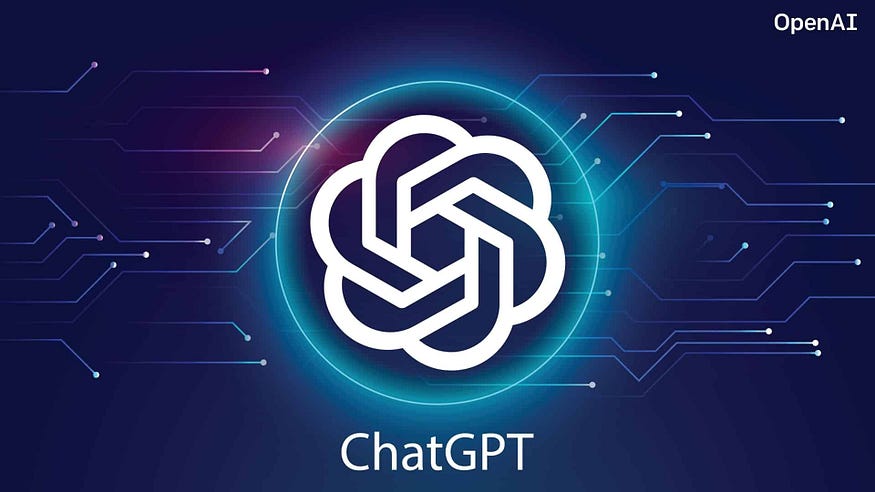Introduction
- Brief overview of why Linux knowledge is crucial for various IT roles.
- What readers can expect from the article.

Basic Linux Questions
- What is Linux?
- Explain the Linux file system hierarchy.
- How do you list all files and directories in a directory?
- What is the purpose of the
chmodcommand? - How do you check disk usage in Linux?
Intermediate Linux Questions
- What is a symbolic link and how do you create one?
- How do you find the location of an installed program?
- Explain the use of
grepcommand. - What is the difference between
psandtopcommands? - How do you search for a specific string in a file?
Advanced Linux Questions
- How do you configure a static IP address in Linux?
- Explain the process of mounting and unmounting file systems.
- What is a cron job and how do you schedule tasks with it?
- How do you manage user permissions and groups?
- Describe how to use
rsyncfor file synchronization.
Networking Questions
- How do you check network connectivity?
- What is the purpose of the
netstatcommand? - How do you configure and troubleshoot DNS settings in Linux?
- Explain the use of
iptablesin network configuration. - How do you view active network connections?
Security Questions
- What are some common Linux security practices?
- How do you check for open ports on a Linux system?
- Explain the use of
sudoand how it enhances security. - How do you implement file encryption in Linux?
- What are SELinux and AppArmor?
Troubleshooting Questions
- How do you diagnose and fix boot issues in Linux?
- What steps would you take to troubleshoot a system that is running slowly?
- How do you check system logs for errors?
- How do you recover a deleted file in Linux?
- What is the
dmesgcommand and what information does it provide?
Scripting and Automation Questions
- How do you write a basic shell script in Linux?
- Explain the use of
awkandsedin data manipulation. - How do you create and use environment variables in a script?
- What are the key differences between Bash and other shells?
- How do you automate tasks using Bash scripts?
System Administration Questions
- How do you add and remove users in Linux?
- Explain the process of installing and removing software packages.
- What are
systemdandinit? How do they differ? - How do you manage system services?
- What tools do you use for system monitoring and performance analysis?
Performance and Optimization Questions
- How do you monitor system performance?
- What are some methods to optimize system performance?
- Explain the use of
top,htop, andiotop. - How do you analyze and manage system resources?
- What steps can you take to prevent and handle system crashes?
Miscellaneous Questions
- How do you back up and restore a Linux system?
- What are some common Linux distributions and their use cases?
- How do you configure and use SSH for remote management?
- Explain the purpose and use of Docker in Linux environments.
- How do you use
findandlocatecommands effectively?
Practical Scenarios
- How would you handle a corrupted file system?
- Describe a situation where you had to recover from a failed upgrade.
- How do you migrate data from one Linux server to another?
- What strategies do you use for high availability in Linux environments?
- How do you handle permissions issues in a shared environment?
Final Thoughts
- How do you stay updated with the latest Linux developments?
- What are some useful resources for learning more about Linux?
- How can Linux certifications benefit your career?
- Share a memorable challenge you faced with Linux and how you overcame it.
- What advice would you give to someone preparing for a Linux-related interview?
Get Answers from Our Comprehensive Video Guide
For a detailed exploration of the Linux interview questions and answers, you can find comprehensive explanations and practical demonstrations in our video guide. This video is designed to provide in-depth insights and real-world examples to help you grasp the concepts more effectively.
What You’ll Find in the Video:
- Detailed Explanations: Each question is thoroughly explained, covering the core concepts and practical applications.
- Step-by-Step Demonstrations: Watch live demonstrations of commands and procedures, giving you a clear understanding of how to perform tasks in a real Linux environment.
- Expert Tips: Benefit from expert tips and best practices that are crucial for mastering Linux and acing your interviews.
- Practical Examples: See how various Linux commands and configurations are used in real scenarios, enhancing your problem-solving skills.
Watch the Video Here:
By following along with the video, you’ll be able to:
- Visualize Concepts: Visual demonstrations make it easier to understand complex concepts.
- Practice Efficiently: Use the video as a guide for hands-on practice, reinforcing what you’ve learned.
- Prepare Effectively: Gain confidence with the knowledge and skills needed for your Linux interview.
Don’t Miss Out: Make sure to check out the video to get a thorough understanding of the Linux interview questions and answers. It’s an invaluable resource for anyone looking to enhance their Linux skills and succeed in their job interviews.
Conclusion
- Recap of the importance of preparation and continuous learning.
- Encouragement to practice and review the concepts.
Feel free to adjust the questions or add any additional sections based on your target audience and focus areas.
Connect with Me:
- YouTube ► S3 CloudHub Channel
- Facebook ► S3 CloudHub Page
- Medium ► S3 CloudHub Blog
- Demo Reference ► GitHub Repository
- Blog ► S3 CloudHub Blogspot
- Dev ► S3 CloudHub on Dev.to

No comments:
Post a Comment